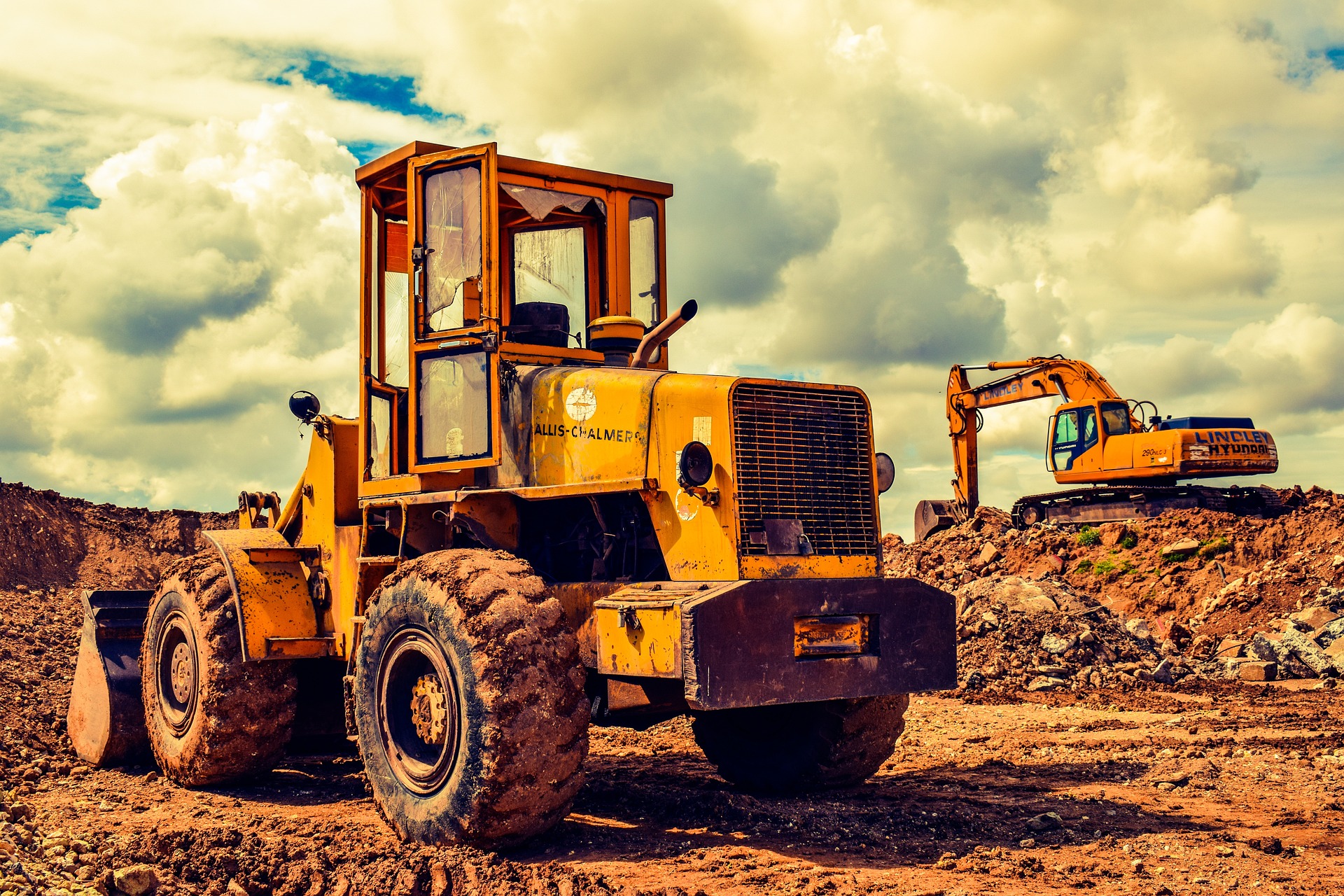Understanding Mini Bulldozer Brands
Mini bulldozer manufacturing brands create equipment tailored for construction, agriculture, and landscaping needs. Differences in design, size, and durability may shape performance in various settings. Learning about these brands helps provide context when considering machinery choices.

Key Manufacturers of Mini Bulldozers
The mini bulldozer market features several established manufacturers, each bringing unique engineering approaches and decades of experience to compact earth-moving equipment. Caterpillar leads the industry with their D3 and D4 series, offering robust build quality and extensive dealer networks across the United States. John Deere produces reliable mini dozers like the 450K and 550K models, known for their fuel efficiency and operator comfort features.
Komatsu manufactures the D20, D21, and D31 series, emphasizing advanced hydraulic systems and precision control capabilities. Case Construction Equipment offers the 650M and 750M models, designed with user-friendly controls and enhanced visibility for operators. Bobcat has expanded beyond skid steers to produce compact dozers that integrate seamlessly with their existing attachment systems, providing versatility for contractors already invested in the Bobcat ecosystem.
New Holland rounds out the major players with their D180 series, focusing on cost-effective solutions without compromising essential functionality. Each manufacturer maintains distinct design philosophies, resulting in machines that cater to different operational preferences and job site requirements.
Brand Differences in Features and Design
Design variations among mini bulldozer brands significantly impact operational efficiency and user experience. Caterpillar emphasizes durability through reinforced undercarriages and high-strength steel construction, making their machines suitable for demanding applications in rocky or abrasive conditions. Their joystick controls and ergonomic cab designs prioritize operator comfort during extended work sessions.
John Deere focuses on fuel efficiency through advanced engine management systems and optimized hydraulic circuits. Their machines feature intuitive dashboard displays and integrated telematics systems that monitor machine performance and maintenance schedules. The company’s attention to environmental compliance ensures their engines meet stringent emission standards while maintaining power output.
Komatsu distinguishes itself through precision hydraulic control systems that provide smooth operation and excellent fine grading capabilities. Their machines incorporate advanced traction control systems and automatic blade load sensing technology, enhancing productivity on varying terrain conditions. The brand’s commitment to operator visibility includes panoramic cab windows and strategically positioned mirrors.
Case Construction Equipment emphasizes ease of maintenance with accessible service points and simplified component layouts. Their machines feature heavy-duty final drives and reinforced push arms designed to withstand high-stress applications. The brand’s focus on versatility includes quick-attach systems for various blade configurations and auxiliary hydraulic options.
How Brand Choice May Affect Pricing
Brand selection significantly influences both initial purchase costs and long-term ownership expenses. Premium manufacturers like Caterpillar and Komatsu typically command higher upfront prices due to advanced engineering, superior build quality, and comprehensive warranty programs. These brands often justify higher costs through enhanced durability, lower maintenance requirements, and stronger resale values.
Mid-tier brands such as John Deere and Case offer competitive pricing while maintaining reliable performance standards. These manufacturers balance cost considerations with essential features, making their machines attractive options for contractors seeking dependable equipment without premium price tags. Their extensive dealer networks provide accessible parts and service support across most regions.
Budget-conscious buyers may find value in newer market entrants or regional manufacturers that offer basic functionality at reduced prices. However, considerations include limited dealer support, potentially higher maintenance costs, and uncertain resale values compared to established brands.
| Brand | Model Series | Price Range | Key Features |
|---|---|---|---|
| Caterpillar | D3-D4 Series | $85,000-$120,000 | Reinforced undercarriage, advanced hydraulics |
| John Deere | 450K-550K | $75,000-$110,000 | Fuel efficiency, telematics integration |
| Komatsu | D20-D31 Series | $80,000-$115,000 | Precision controls, traction management |
| Case | 650M-750M | $70,000-$105,000 | Easy maintenance, versatile attachments |
| Bobcat | Compact Dozers | $65,000-$95,000 | Attachment compatibility, compact design |
Prices, rates, or cost estimates mentioned in this article are based on the latest available information but may change over time. Independent research is advised before making financial decisions.
Additional cost factors include financing options, as established manufacturers often provide competitive lease programs and extended warranty packages. Regional availability affects pricing through transportation costs and local dealer markups. Seasonal demand fluctuations may create opportunities for better pricing during slower construction periods.
Operating costs vary among brands based on fuel consumption rates, maintenance intervals, and parts availability. Machines with higher initial costs may demonstrate superior long-term value through reduced downtime and extended service life, while budget options might require more frequent repairs and component replacements.
Understanding mini bulldozer brands requires evaluating multiple factors beyond initial purchase price. Manufacturer reputation, feature sets, dealer support networks, and total cost of ownership all influence the optimal brand choice for specific applications. Successful equipment selection balances immediate budget constraints with long-term operational requirements, ensuring chosen machines deliver reliable performance throughout their service life while maintaining reasonable operating costs.




